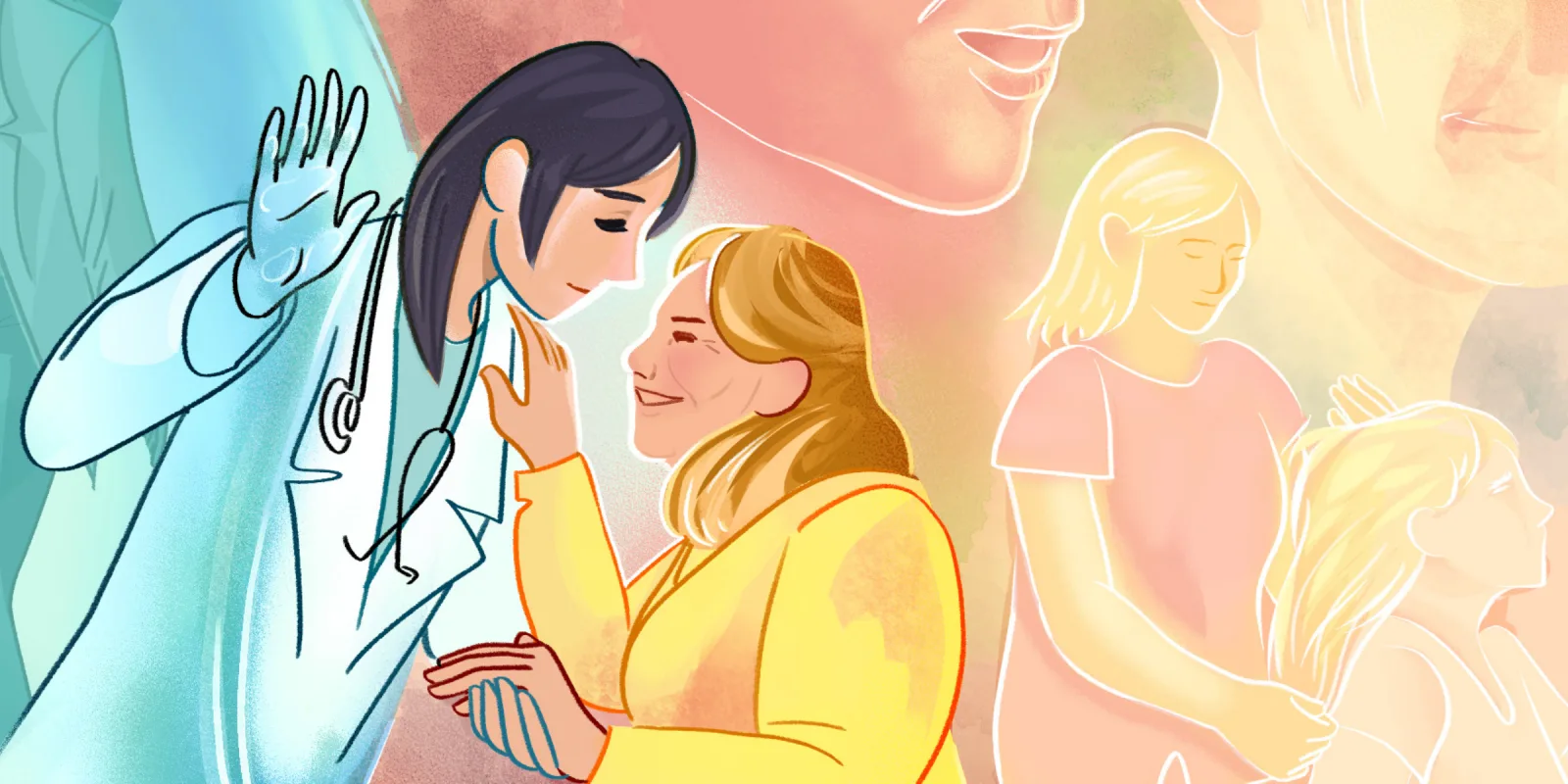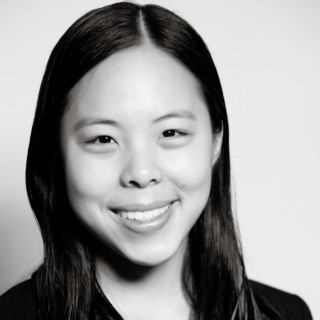The day she left the hospital, we both played pretend. We both pretended that what was to come in her life was not our reality. We laughed and smiled as we reminisced on the times I had cared for her, and her spirit bubbled as she told me of her aspirations upon returning home after another prolonged hospitalization.
She said she wanted to have a cat at home. We giggled as we discussed that the cat of a regal woman needed an equally regal name. She told me about the birthday party she had hoped to have for her daughter in a week. She laughed and smiled as she said, "You, you! You should come to our home in the woods in the summer!"
It was January.
She had been admitted and readmitted several times during my intern year as an internal medicine resident at the University of California, San Francisco, and fortuitously, I had cared for her a string of times throughout that year. We shared many memories that I remember fondly.
The first time we met, I was on a procedures rotation at our academic medical center. She had been admitted to the medicine service for an infection. On my first day, our team had been asked to perform a paracentesis for her; she had recurrent malignant ascites and needed frequent taps. Despite my shaky hands and nerves, she was incredibly patient and warm. My attending and I performed a successful therapeutic paracentesis, and as we cleaned up her room, I felt grateful for her generosity and patience.
A few days later, she was admitted and needed another therapeutic paracentesis, and I happened to be on the procedures service again. The procedure went smoothly, and at the end, she exclaimed, “You’ve improved so much! I’m so proud!” She celebrated with me.
She needed several additional paracenteses during that admission, and I loved every opportunity I had to see her again. She continued to exude kindness as she began to unmask her loveable slyness. After a fourth paracentesis, she said softly, “I didn’t want to tell you, but that first paracentesis you did … ooph.”
Her eyes glinted and grinned with a spunky kindness that I cherished. We were doctor and patient, but she also became my teacher — a teacher who informed me on comfortable paracenteses, but more so a teacher of how to preserve my humanity in medicine through shared connection and laughter in a time of hardship.
On a separate admission, I directly cared for her as part of her primary team. She had been NPO for several nights in a row in anticipation of a procedure that was rescheduled multiple times. After the procedure finished, while she was enjoying a Tootsie Pop in her room, I stopped by to check in on her before going home for the day, and she invited me to spend time with her and indulge in a lollipop. We sat in her corner room on the top floor of the hospital, playfully discussing our preferred lollipop flavors.
I had learned to understand her medical data and her lab results and her physiology through years of schooling, and yet, this simple moment, with lollipops and without discussion of diagnoses or medications or discharge plans, epitomized my love for medicine: this tremendous privilege to see into and share the world in a uniquely authentic way with another person.
She was fierce, strong, brave, and so funny. We knew she was dying. She knew she was dying. She was someone who, in all of our conversations about her cancer and her failing organ systems, asked me to be a straight shooter, to tell her how it was. We were both realists, and we knew our time was so much shorter than we wanted it to be. And yet, after her last admission, as she got ready to go home on hospice, we smiled and talked about a hopeful future, one that, despite our realistic perspective, I think we both still clung onto and looked forward to in some way.
About a week later, her husband contacted me and let me know that she had passed away at home. He was endlessly gracious. In training, I had learned how not to be surprised by a patient passing away just one week after returning home on hospice. I know that this brevity of time frequently — and frustratingly — impacts patients at the end of life soon after hospitalization, and even more so in the most medically complex and critically ill cases. Yet every time I have witnessed such rapid loss occur, I have felt the sudden ache and painful surprise of it all.
For her in particular, some part of me sank in a pointedly deep way when I received her husband’s message. My training and education had predicted her reality, yet my heart wanted so badly for my training to be absolutely, entirely erroneous. I imagined her as I knew her, with such vitality, with this sparkle in her eye, even when she was not feeling well or had abdominal distension with malignant ascites. Her sparkle was simultaneously wise and mischievous — the kind of mischievousness that made me chuckle and feel alive. And suddenly, so suddenly, she had become a listless body without her spirit — something she never, ever wanted to be. And just as suddenly, she was gone from this earth. I very much wanted her to be able to hold her new kitten, surrounded by her children, a slice of birthday cake at her side, as she breathed in the smell of the forest near her home. I very much wanted her to experience some of that. I hoped, on that last day, that my training and education would be wrong.
Dr. Cynthia Tsai is currently a resident physician in the University of California primary care/general internal medicine track of the UCSF Internal Medicine Residency Program. She is interested in narrative medicine and hopes to continue writing about her patients and their stories as she pursues a career in primary care after completing residency.
Illustration by April Brust





